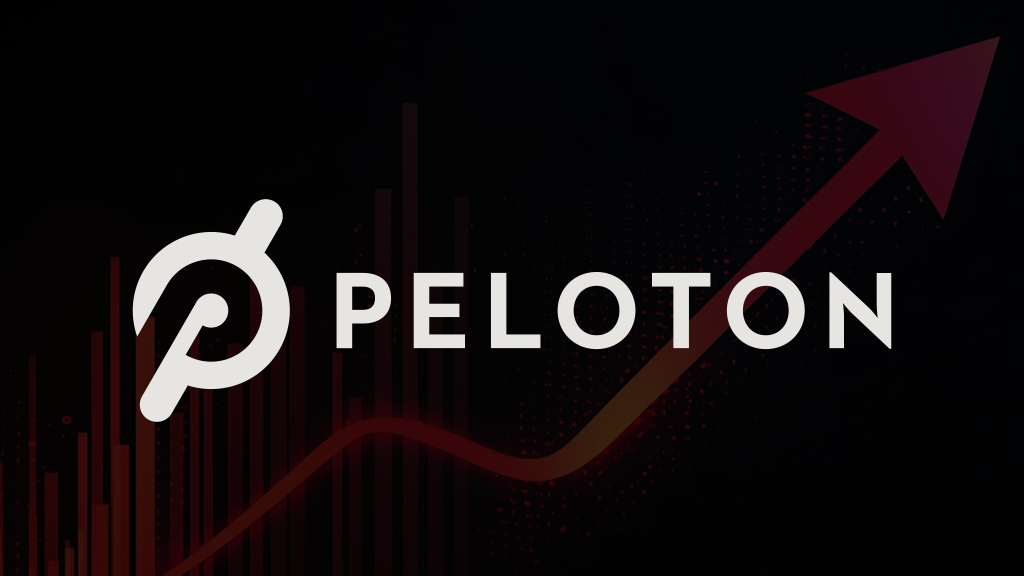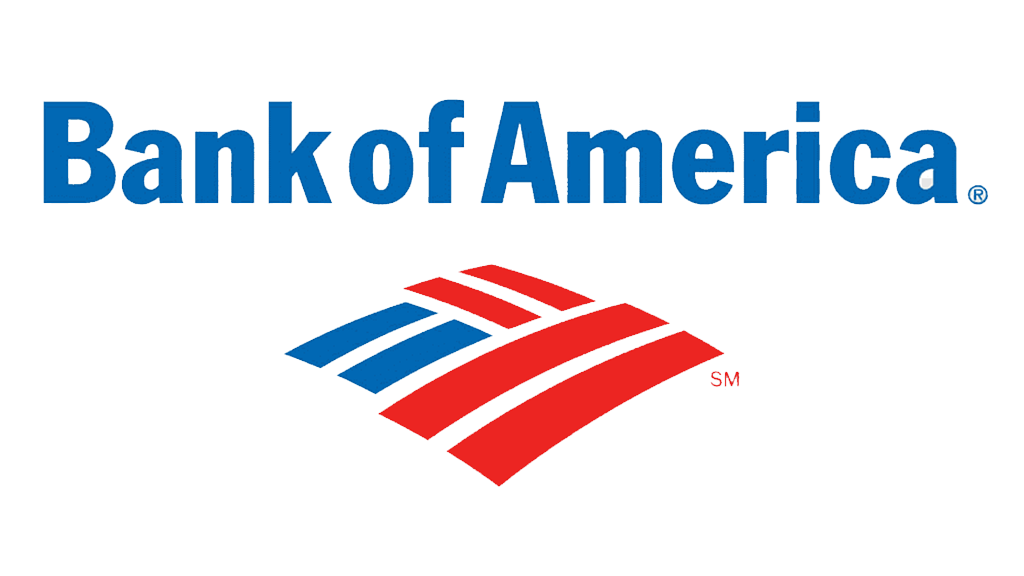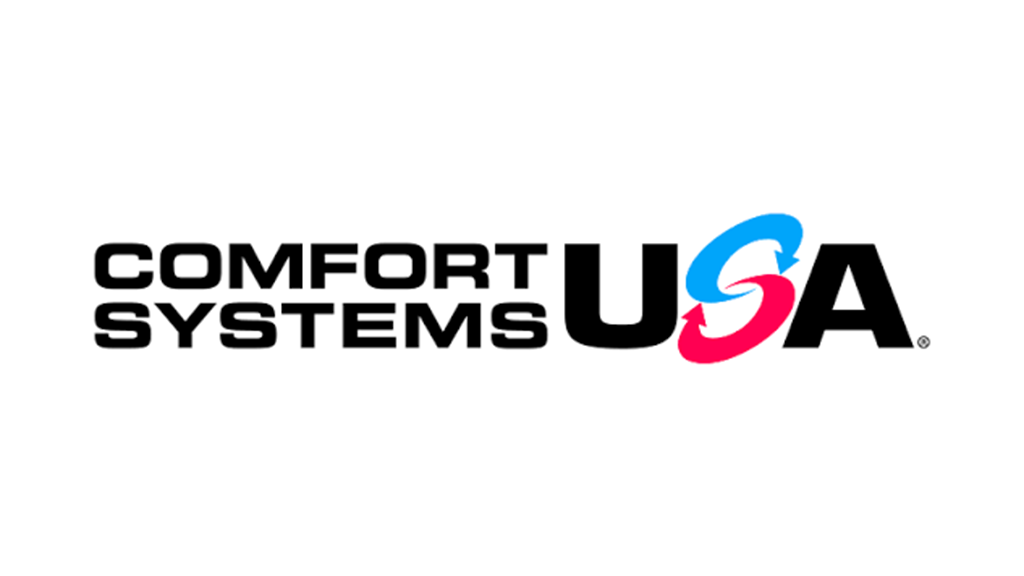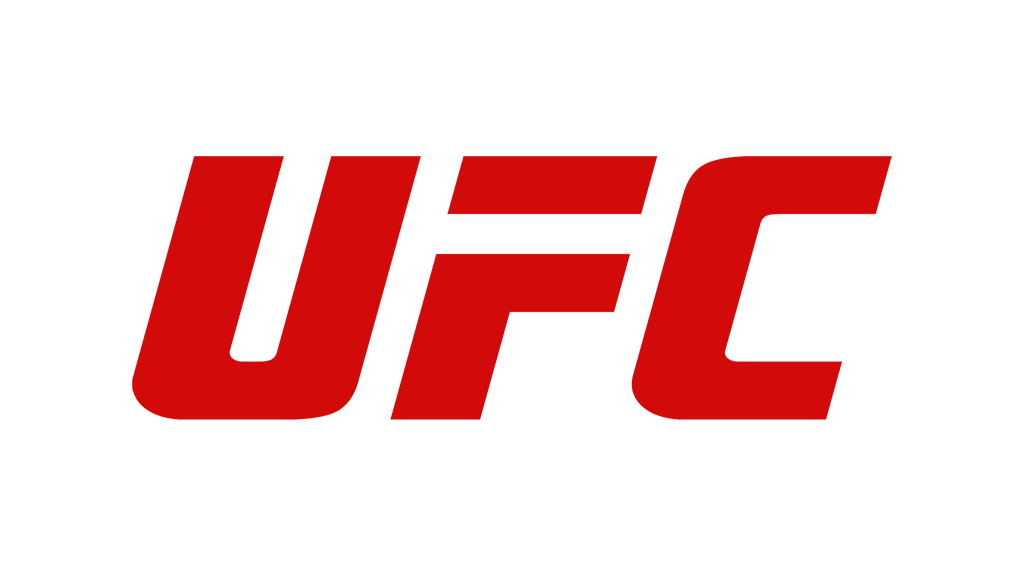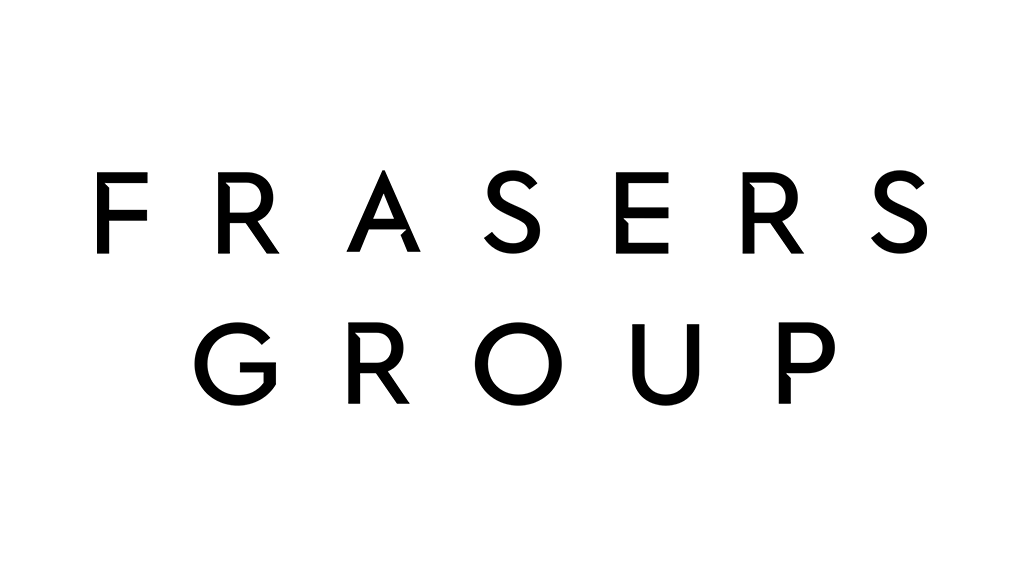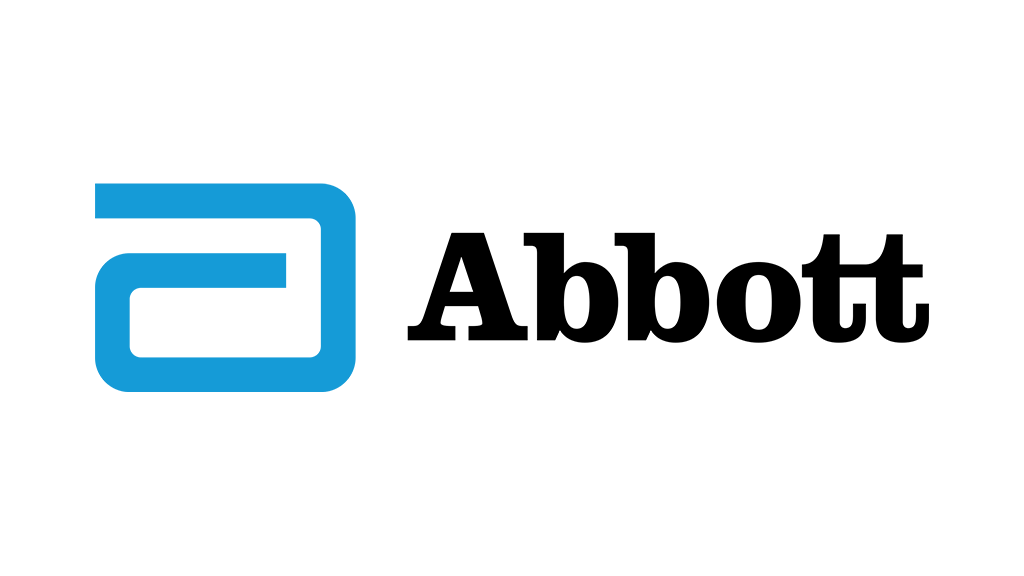Laura Dewey MA
Leadership Coach

Laura Dewey MA
Laura Dewey brings over 30 years of experience in leadership, growth and development to her coaching & training, serving leaders from the director level to the C-suite. Her master’s in Spiritual Psychology leaves her uniquely equipped to address issues at their root, creating truly sustainable change. Known for her engaging, relatable style and inside-out approach, she is devoted to equipping individuals and teams with the tangible tools they need to thrive both professionally and personally.
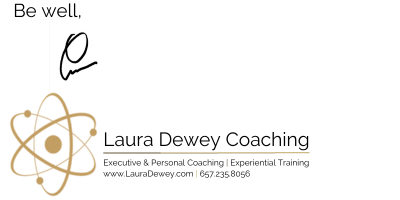
The High Achiever Trap
Hello fellow high achiever. I know you’ve climbed the ladder of success with grit and determination, and you’ve reached remarkable heights as leaders in your respective domain. It’s undeniable that being a high achiever comes with numerous benefits and rewards. The sense of accomplishment, the influence you wield, and the recognition you receive – it’s all well-deserved.
As an executive coach with years of experience working with high achievers like yourself, I’ve had the privilege of witnessing the incredible drive and dedication you bring to the table. But, and here’s the thing, there’s another side to this coin that we need to talk about: the High Achiever Trap.
The High Achiever Trap is that unspoken realm where our desire for success and excellence can sometimes lead us down unsustainable paths. It’s easy to get caught up in the pressure of constant competition, self-doubt, and a relentless need to prove ourselves over and over again. Let’s delve into the costs of being a high achiever – those patterns that may be sabotaging your well-being and derailing your success journey.
Spinning Thoughts and Self-Doubt: You’re not alone if you find your mind constantly racing with thoughts about how to outdo your previous accomplishments or comparing yourself to others. It’s this unyielding pursuit of perfection that often leads to self-doubt: “Have I done enough?” We high achievers tend to be our harshest critics, relentlessly second-guessing our decisions and fearing failure, even when we’re at the top of our game.
Continuous Need for Validation: Success can become unsustainable when we constantly seek external validation to reinforce our worth. We chase each milestone for temporary validation, and instead of celebrating the accomplishment, we’re quickly on to the next to receive the next hit of okay-ness. It’s a never-ending loop, and we start to lose sight of our intrinsic value beyond our achievements.
The Quest for Perfection: As go-getters, we hold ourselves to sky-high standards, aiming for flawless outcomes in every aspect of our lives. Believing that anything less than perfect is a failure, it’s easy to feel like a failure in every aspect of our lives. We guard ourselves meticulously, afraid to admit mistakes or seek help when needed.
Exhaustion and Overwhelm: Pushing ourselves to achieve more can lead to chronic exhaustion and burnout. We’re often unwilling to give ourselves the break we need, always pushing forward at breakneck speed. Eventually, this takes a toll on our physical and mental well-being, leaving us feeling dispirited, drained, and overwhelmed.
Neglecting Personal Life: As high achievers, it’s easy to become consumed by our professional aspirations, sidelining our personal lives in the process. We sacrifice time with loved ones, hobbies, and self-care, only to realize later that we’ve lost sight of what truly brings us joy and a sense of fulfillment.
I get it. It’s exhilarating to excel and see the results of your hard work, but it’s equally essential to recognize the signs of the High Achiever Trap. The costs can be detrimental not only to your well-being but also to your effectiveness as a leader.
The good news is that there is a way to navigate this treacherous trap without compromising your success. In fact, your success can skyrocket in direct proportion with your wellbeing. As an executive coach, I’ve had the honor of helping numerous high achievers regain balance, a quiet yet sharp mind, and sustainable, graceful success.
If you, like many of my clients, have tried to research and solve this yourself, you’ve probably found advice like: Define success on your own terms, be compassionate with yourself, set boundaries and prioritize, embrace vulnerability, and seek support. All good ideas in theory, yet you may be left saying, “I get it, but I still can’t actually do this?”
This is also part of the High Achiever Trap: Knowing how to do something, yet not actually being able to do it. That’s because there is another part of you driving the bus. The desire to change is sitting in the back while a deeper desire has its hands on the steering wheel. Until you address that deeper issue, the ability to release unsustainable patterns and habits is shaky at best.
The Solution: If you find yourself in this trap, fear not, there is a way out. Ultimately, the solution lies in disconnecting the belief that your do-ing defines your worth, and without continuous achievement you have no value. When faced with this proposition, my clients often have a wave of fear, “Without achieving, who would I be?”
While that’s a great question, notice that I never suggested they stop achieving. It’s not about stopping the activity that has brought you so far, it’s about changing the place you’re coming from while achieving. It’s about who you’re be-ing, not what you’re do-ing.
The result of this inside-out, snip-at-the-root approach creates deep clarity, stillness, wisdom, and a powerful sense of freedom. Instead of the invisible hand driving you to achieve at all costs, you can decide to achieve (or not) from a deep sense of authenticity and discernment. You are now firmly seated in the driver’s seat of your life and career.





























